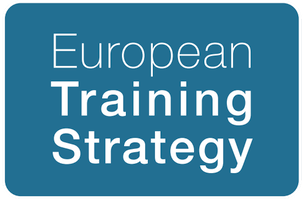
Competences are dynamic and all their elements are interrelated and interdependent. In the competence model, we focus on the following four dimensions: attitudes, knowledge, skills, and behaviours.
Attitudes (the youth worker’s willingness) are the pre-requisite, the foundation for competence development. They lead to Knowledge (gained through experience, books, the Internet, etc.) and Skills (ability to perform a task, to apply knowledge and turn attitudes into actions), which will then lead to appropriate and contextual Behaviour.

Knowledge can be defined as an understanding of or the possession of the information about a certain subject, which someone can obtain through experience, research or study. Knowledge can also mean being acquainted with facts or principles. Finally, knowledge in the context of non-formal learning may also mean “awareness”, e.g., an awareness of the context that learners come from or of any issues they are facing. While knowledge is described in the different competence areas, the authors felt the need to underline some instances of knowledge that either offer a greater level of complexity, represent a somewhat umbrella (encompassing) attitude, or play an interconnecting role.
Knowing different educational methods and concepts + -
- Knowledge of different educational methods and concepts is also needed to facilitate learning processes, design programmes, to communicate with others, and to collaborate successfully in teams. Depending on situations, participants, processes and topics, youth workers would, e.g., need to be knowledgeable about approaches or methods to
- support solidarity
- support communication
- deal with emotions
- deal with diversity, culture and identity
- deal with conflicts in a group
- deal with issues of privilege and discrimination.
Knowing young people and their communities + -
- Knowledge of the young people involved and of their communities is also generally needed in order to create learning settings and facilitate processes with and for young people and work towards mutual solidarity. For example, it helps if youth workers know about
- the socio-political and economic background of young people
- the needs of the target groups
- the needs of the community
- the different communities involved (hosting, sending, online).
Knowing how to generate change + -
Youth workers work to help and empower society to change for the better – to support the development of collective and solidarity actions that stimulate change and transformation. In order to support actions that change policy and practice, youth workers ideally need to know what can generate change.


